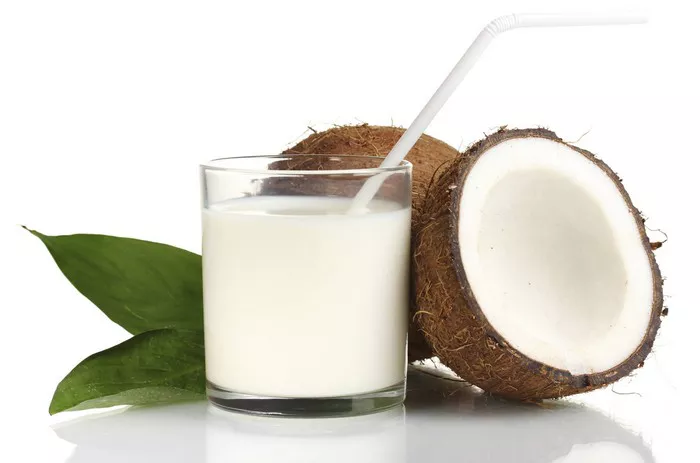Breastfeeding mothers are often on the lookout for nutritious foods and beverages that can support their own health and lactation while benefiting their infants. Coconut milk, derived from the flesh of mature coconuts, has gained popularity for its unique nutritional profile and potential health advantages during the breastfeeding phase. Here’s an in-depth exploration of why incorporating coconut milk into a breastfeeding diet can be beneficial:
Nutritional Composition of Coconut Milk
Coconut milk is renowned for its creamy texture and distinct flavor, offering a diverse array of vitamins, minerals, and beneficial compounds that support maternal health and lactation. Key nutrients found in coconut milk include:
1. Medium-chain triglycerides (MCTs): These fatty acids are unique to coconut milk and are easily digested, providing a quick source of energy. MCTs are believed to aid in the production of breast milk fat, which is crucial for infant nutrition.
2. Vitamins and minerals: Coconut milk contains essential vitamins such as vitamin C, vitamin E, and various B-complex vitamins including B1 (thiamine), B3 (niacin), B5 (pantothenic acid), and B6 (pyridoxine). It also provides minerals such as iron, calcium, magnesium, and phosphorus, all of which are important for overall health and recovery postpartum.
3. Antioxidants: Phenolic compounds and flavonoids present in coconut milk act as antioxidants, helping to combat oxidative stress and inflammation in the body.
See Also: What Cheese to Avoid While Breastfeeding: A Comprehensive Guide
Health Benefits for Breastfeeding Mothers
1. Supports lactation: The nutrient-rich composition of coconut milk can aid in milk production for breastfeeding mothers. MCTs, in particular, are thought to promote the synthesis of breast milk lipids, essential for infant growth and development.
2. Enhances maternal energy levels: MCTs provide a rapid source of energy, which can be particularly beneficial for breastfeeding mothers experiencing fatigue or needing an energy boost throughout the day.
3. Promotes postpartum recovery: The vitamins and minerals in coconut milk contribute to overall maternal health, supporting recovery from childbirth and helping to replenish nutrient stores depleted during pregnancy and lactation.
Benefits for Infants
1. Nutrient transfer: Nutrients from coconut milk consumed by the mother are passed on to the infant through breast milk, potentially enhancing the infant’s nutrient intake and supporting healthy growth and development.
2. Digestive benefits: Coconut milk is generally easier to digest compared to cow’s milk and may be suitable for infants who experience sensitivity to other dairy products in the mother’s diet.
3. Reduced allergy risk: Coconut milk is naturally dairy-free and hypoallergenic, making it a safer alternative for infants at risk of cow’s milk protein allergy or lactose intolerance.
Additional Considerations
1. Quality and sourcing: Opt for organic or natural coconut milk products to avoid additives, preservatives, or added sugars that may be present in processed varieties.
2. Moderation: While coconut milk offers numerous benefits, moderation is key. It should be consumed as part of a balanced diet that includes a variety of other foods to ensure adequate nutrition.
3. Consultation with healthcare providers: It’s essential for breastfeeding mothers to consult with their healthcare providers or lactation specialists before making significant changes to their diet, including incorporating coconut milk. Personalized advice can help ensure optimal maternal and infant health outcomes.
Conclusion
In conclusion, coconut milk can serve as a valuable addition to the diet of breastfeeding mothers due to its nutrient-rich composition, potential to support lactation, and overall health benefits. However, individual responses to dietary changes may vary, and it’s important for mothers to consider their specific nutritional needs and consult healthcare professionals for personalized guidance. By understanding the potential benefits and considerations associated with coconut milk consumption during breastfeeding, mothers can make informed choices that promote both their own well-being and the optimal development of their infants.


